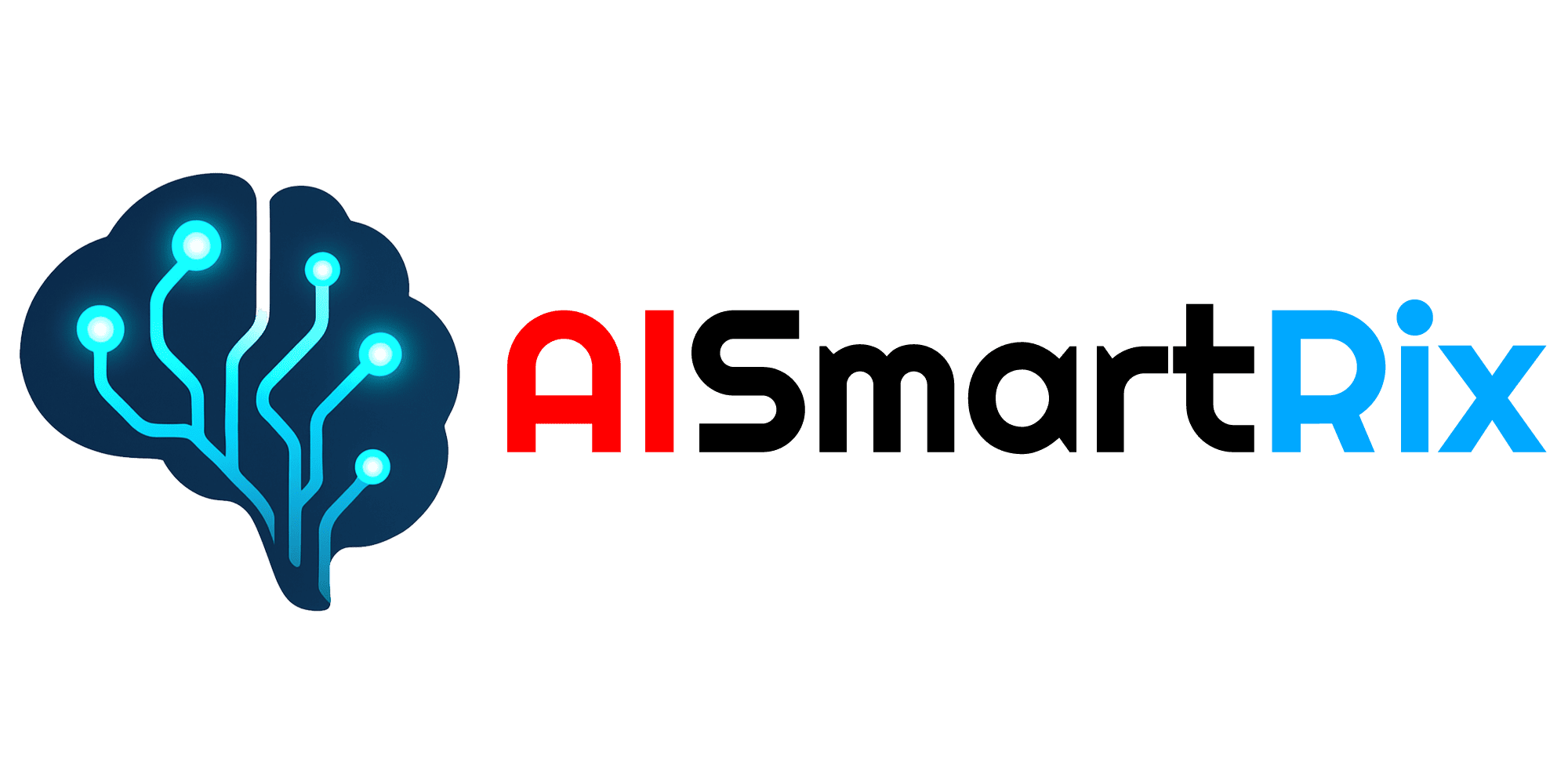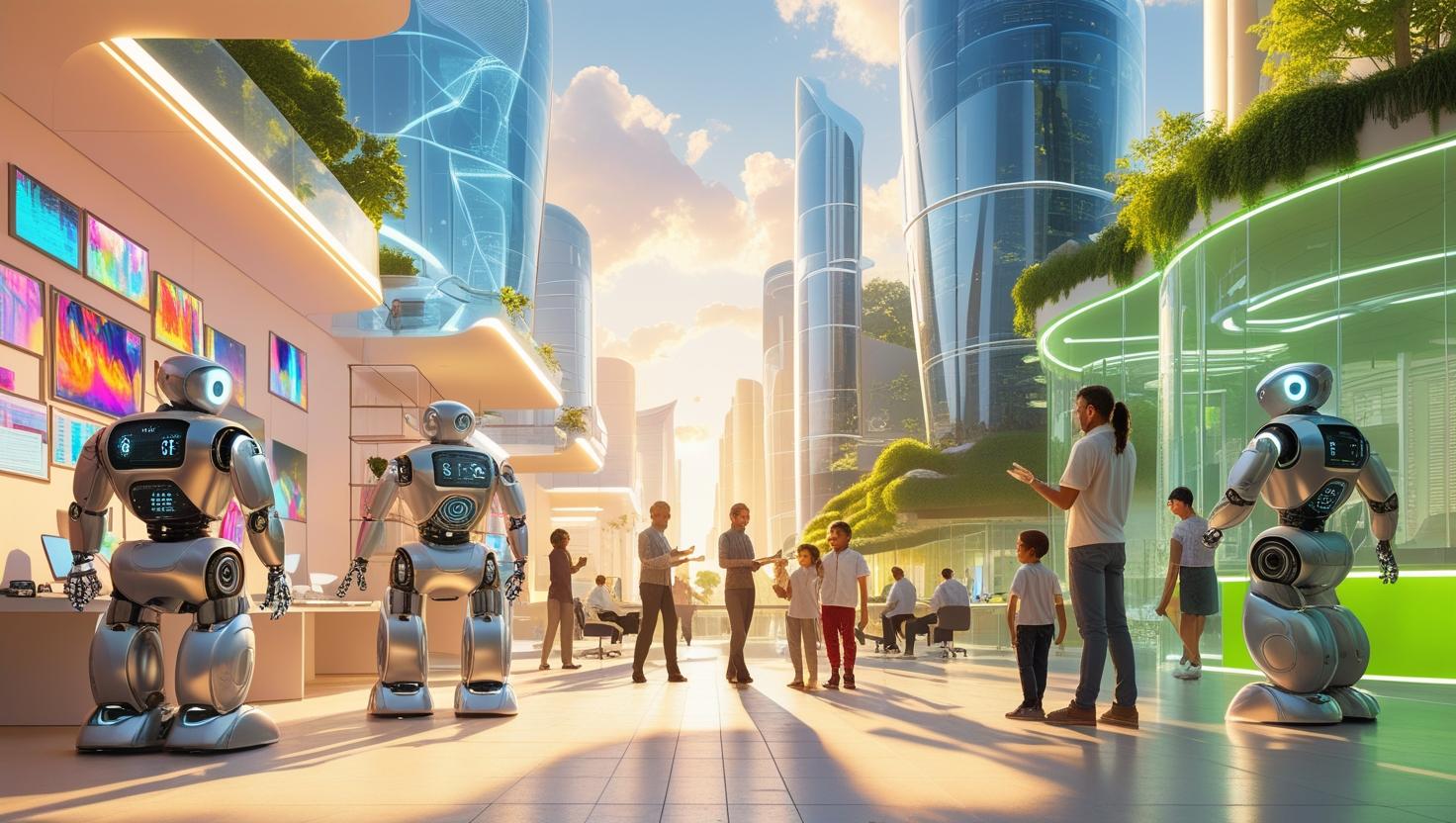Artificial Intelligence (AI) has become one of the most discussed and debated technologies of the 21st century. From the rapid development of generative models to robotic automation and predictive algorithms, AI is transforming nearly every aspect of our lives. With all this advancement, it’s no surprise that fears and myths about AI have spread just as quickly.
However, not every concern is grounded in reality. In this article, we’ll explore the most common fears surrounding AI—especially those that are unlikely to actually pose a threat—and provide a reality check based on current facts, research, and ethical standards.
1. Fear: AI Will Take Over the World
Reality:
The classic “AI will take over the world” trope is a favorite of science fiction movies, but in reality, AI is nowhere near sentient or self-aware. Current AI systems are narrow or “weak” AI, meaning they perform specific tasks like recognizing images, answering questions, or navigating traffic. They don’t have desires, intentions, or consciousness.
Organizations like OpenAI, DeepMind, and academic institutions globally are developing AI with strict ethical standards, safety layers, and human control mechanisms to ensure responsible deployment.
2. Fear: AI Will Replace All Jobs
Reality:
AI is certainly changing the job landscape—but it’s not the mass-replacing monster people fear. In many industries, AI handles repetitive, data-heavy tasks, allowing humans to focus on more creative, strategic, and interpersonal work.
In fact, studies show AI will create new jobs, such as prompt engineers, AI trainers, and AI ethics specialists. Upskilling and embracing new tech is more productive than fearing obsolescence.
3. Fear: AI Knows Everything About You
Reality:
While AI can analyze data, it doesn’t know you. It doesn’t understand your thoughts, emotions, or intentions unless explicitly trained on behavioral data—which is often anonymized and regulated. Strong privacy laws like the GDPR and CCPA ensure companies using AI must obtain clear consent and secure user data.
Smart devices and voice assistants might listen for commands, but they don’t have unrestricted access to your life unless permissions are explicitly granted.
4. Fear: AI Will Be Biased Forever
Reality:
Bias in AI is a valid concern—but it’s not an unsolvable one. The issue lies in biased data, not AI itself. As the industry matures, efforts are being made to train models on diverse, inclusive datasets and use fairness auditing tools.
AI researchers are continually improving transparency and accountability, with open-source tools allowing developers to detect and mitigate algorithmic bias more effectively.
5. Fear: AI-Powered Robots Will Rebel
Reality:
AI-driven robots are not autonomous entities with personal motives. They operate strictly within programmed parameters and are heavily reliant on human guidance. Even military drones or robotic systems are designed with strict operational constraints and ethical reviews.
Movies may love to imagine a rogue robot uprising, but in real-world labs and factories, robots need help just navigating stairs!
6. Fear: AI Will Destroy Human Creativity
Reality:
AI is a tool—not a replacement for creativity. Artists, writers, musicians, and creators are using AI as a collaborator, not a competitor. Whether it’s composing background music, assisting in image generation, or helping brainstorm ideas, AI is augmenting the creative process, not replacing it.
Think of AI like a modern paintbrush or camera—it enables new forms of expression.
7. Fear: AI Is Moving Too Fast for Humans to Control
Reality:
Yes, AI is advancing rapidly—but not without oversight. Leading tech companies, governments, and academic researchers are calling for global AI regulations, slow-rollouts of powerful systems, and transparency in development.
Initiatives like the AI Safety Institute and international AI summits are tackling these concerns collaboratively to ensure technology evolves with ethics in mind.
🌟 Conclusion: Rational Optimism Wins
While it’s smart to approach new technology with caution, it’s equally important to avoid falling into fear-based thinking. Many of the most alarming ideas about AI are based on speculation, misunderstanding, or science fiction.
By staying informed, demanding transparency from companies, and participating in the discussion about how AI should be used, we can shape a future where AI empowers rather than threatens humanity.
🤔 What’s your take on AI fears? Are there any myths you used to believe?
Drop a comment below and share your thoughts—we’d love to hear your perspective!





